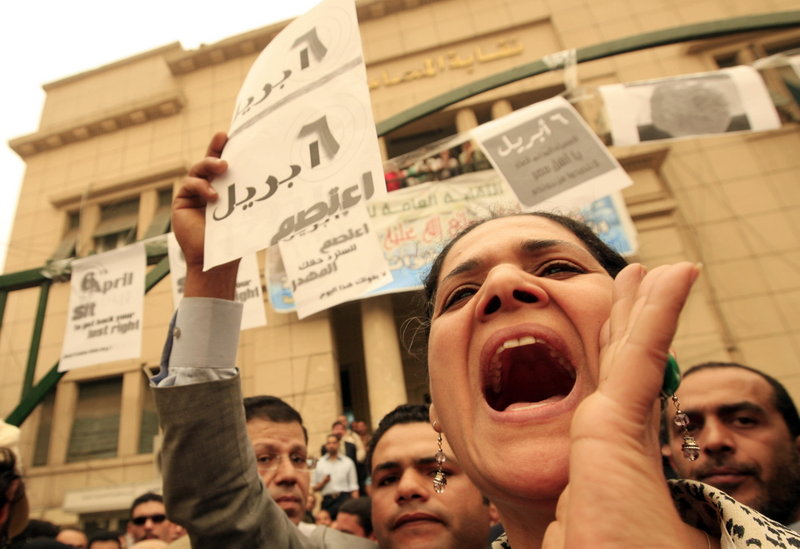CAIRO: A rights group has condemned a court decision which upholds the ban on female university students wearing the niqab, or full face covering, during examinations.
The State Council’s administrative judiciary rejected over 50 cases brought by female students from several universities against the ban, which applies to the mid-term examinations to be held this month.
Universities imposed the ban allegedly to prevent cheating.
The Egyptian Initiative for Personal Rights (EIPR) condemned the decision in a statement issued Monday.
“University administrations had a large number of options they could have applied in order to meet security and discipline requirements inside examination rooms, EIPR director Hossam Bahgat is quoted as saying in the statement.
“They chose instead to resort to the most extreme measure, a measure which cannot be separated from a series of measures which plainly seek to punish students wearing the niqab for their views and beliefs, Bahgat continued.
While EIPR says that it has not yet received a copy of the court’s reasoning, it says that media reports indicate that the administrative court found that since the ban on the niqab is of limited duration and in a specified location, it does not contravene a court verdict issued in 2007 which prohibits universities banning students wearing the niqab.
EIPR points out that the imposition of any temporary restriction must be in conformity with international law norms, which dictate that the limitation must be necessary to achieve a legitimate aim, proportionate and must not be applied on a discriminatory basis.
According to the rights group, niqab-wearing university students have expressed their willingness to reveal their faces and undergo body searches before examinations.
In December last year, the same court which issued this week’s ruling upheld female students’ right to wear the niqab on the Ain Shams University campus, and quashed a decision excluding them from university dorms.
The court had held that the decision flouted the right to education and enjoy access to services without discrimination.
